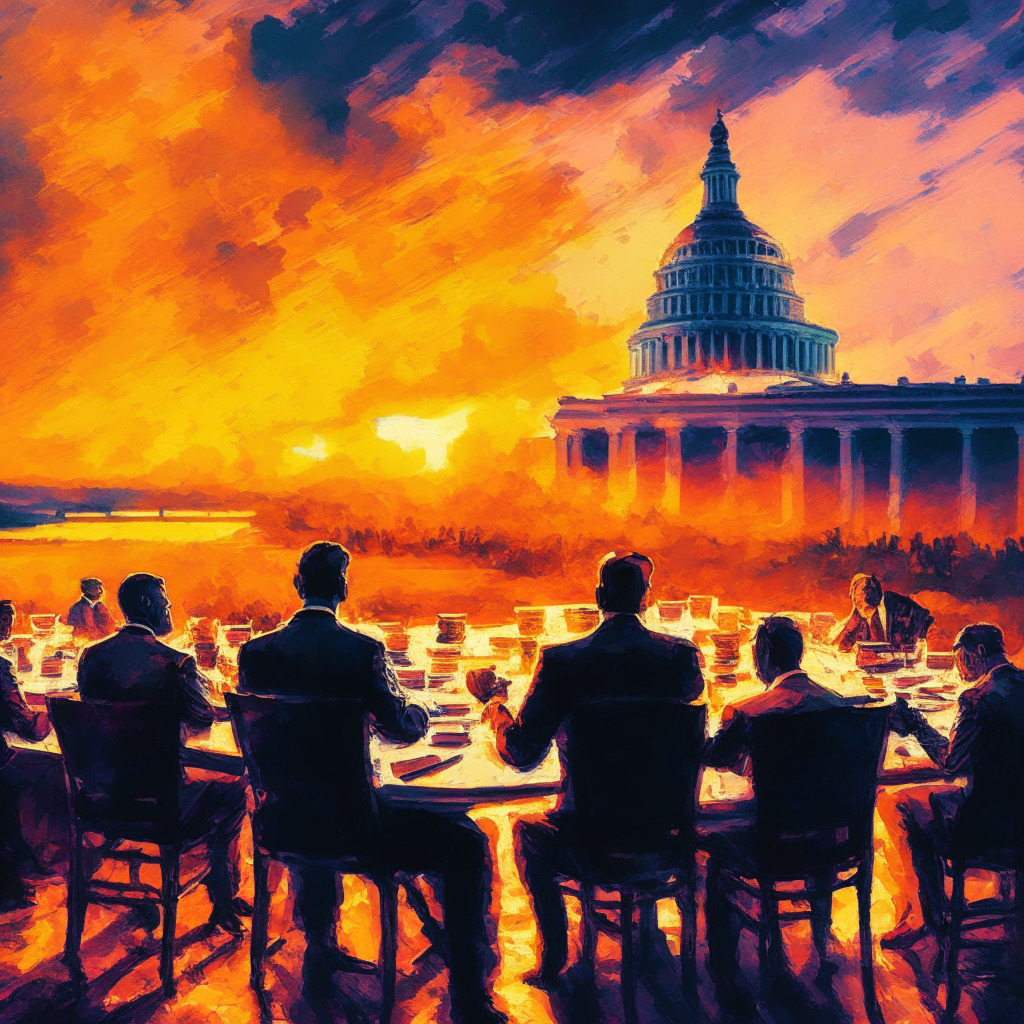In the rapidly evolving world of cryptocurrencies, the need for effective regulation is becoming increasingly apparent. Recently, two distinct stablecoin bills emerged from the US House Financial Services Committee, reflecting differing perspectives among Democrats and Republicans. Despite their differences, the general consensus is that some form of legislation is needed, and lawmakers are determined to reach a bipartisan agreement on this issue.
One bill by Rep. Maxine Waters, D-Calif. Maxine Waters, includes a call for a report on central bank digital currencies and addresses the role played by state regulators in approving stablecoin issuers. A competing bill by Committee Chair Patrick McHenry, R-N.C. Patrick McHenry, reflects a different approach. Both bills, however, aim to regulate the burgeoning stablecoin market in the US.
One concern raised by some lawmakers is the potential for a “race to the bottom” if states are given sole authority over stablecoin issuers. Relying solely on state regulations could encourage crypto companies to seek out jurisdictions with lenient legislation, leading to a less stringent regulatory environment overall. This view was echoed in remarks made by Rep. Stephen Lynch, D-Mass. Stephen Lynch, during a recent House subcommittee meeting.
Despite these apprehensions, there is still hope among lawmakers for a bipartisan consensus on stablecoin regulations. Subcommittee Chair French Hill, R-Ark. French Hill, emphasized that both sides of the aisle are working in good faith toward an agreement. This commitment to collaboration is underscored by the fact that Waters and McHenry worked together on a previous bill last year.
Furthermore, recent high-profile bank failures and crypto collapses have taught important lessons about the need for effective regulation in this space. Resolving the differences between the two current bills will require an informed and diplomatic approach that carefully balances the concerns of all stakeholders.
In conclusion, the emergence of two separate stablecoin bills highlights the divided opinions among US lawmakers on how best to regulate the cryptocurrency industry. While there are fundamental differences between the two proposals, a shared interest in fostering a robust and well-regulated stablecoin market prevails. By continuing to work cooperatively across party lines, lawmakers can ensure that the best possible regulation is put in place, bolstering the growth and stability of the industry while protecting consumers and investors alike.
Source: Cryptonews




